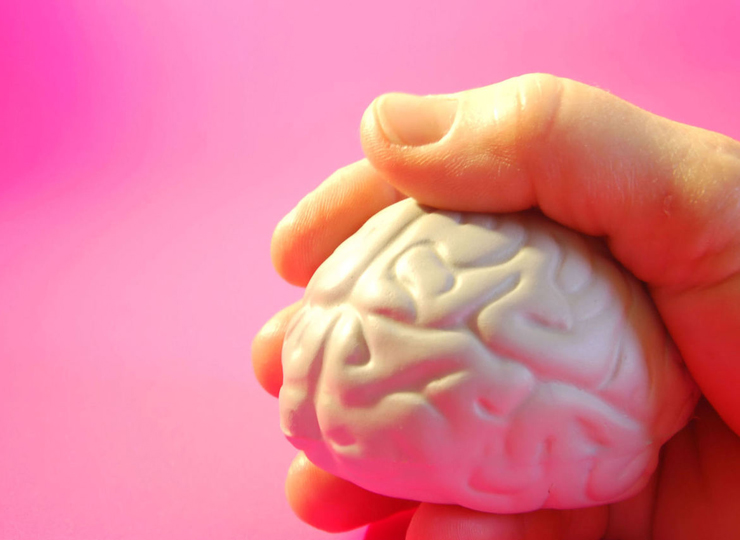
January 31, 2018
Can a computer game designed to “train the brain” help to ward off Alzheimer’s or other forms of dementia? A new study suggests they may.
The study, from researchers at the University of South Florida, found that when older men and women used a brain training game regularly over 10 years, they were, on average, 29 percent less likely to develop dementia than those who didn’t use such games. It also found that the more regularly someone played such games, the lower their likelihood of developing dementia.
For the study, researchers recruited 2,802 older adults, average age 74, at six medical centers across the United States. All were part of the Advanced Cognitive Training for Independent and Vital Elderly, or ACTIVE, study funded by the National Institutes of Health.
They were randomly divided into four groups.
One of the groups was given mnemonic devices and other exercises to improve memory skills. A second group got instruction on reasoning strategies.
The third group got the brain training via the computer. Participants might see on their screens a cityscape, for example, and be asked to identify an object flashed on the center, such as a car or truck, while at the same time being asked to locate another object, such as a car, in the periphery. As the game advanced, the images flashed more quickly and became obscured by distracting objects. The game is available to the public as the “Double Decision” exercise of the BrainHQ.com brain training program, which costs about $10 a month.
Those enrolled in any of these groups got 10 initial sessions of training lasting an hour to an hour-and-a-quarter over the first six weeks of the study. They also got “booster” training sessions in the first year, and again in the third year of the study.
The fourth group got no special training and served as controls.
All participants were given tests of thinking and memory skills at the start of the study, and again after six weeks. They were also invited back for cognitive assessments at years 1, 2, 3, 5 and 10, where they might be asked to remember specific words and other tests of memory.
By the end of the 10-year study period, 1,220 of the original participants remained.
The researchers found no significant difference in risk of dementia for the strategy-based memory or reasoning training groups, as compared to the control group. About 10 percent in each of these groups developed Alzheimer’s or another form of dementia.
However, as compared to the control group, the computerized speed training group showed less risk of dementia. About 6 percent of that group developed dementia during this time. Those who completed the most sessions also tended to have the lowest risk.
The findings add to a growing body of evidence that mentally challenging games may help to keep the brain sharp in old age. Other studies suggest that crossword puzzles, for example, may also be good for the aging brain.
Still, scientists have many unanswered questions about who might benefit from brain training or other forms of memory training. For instance, it is uncertain when the optimal time to start or intensify the training is, and how often training should take place.
“We need to further delineate what makes some computerized cognitive training effective, while other types are not,” said the authors. “We also need to investigate what is the appropriate amount of training to get the best results.”
It will be interesting also to investigate whether it is specific types of training that make a difference, or if some people’s brains are just better at responding to training. The big question remains whether there is a universal way to stimulate the brain that would benefit everyone.
The researchers also note that brain training has not been proven to have benefits or slow disease progression in people who already have Alzheimer’s disease. The findings were published in the journal Alzheimer’s & Dementia: Translational Research & Clinical Interventions.
By www.ALZinfo.org, The Alzheimer’s Information Site. Reviewed by Marc Flajolet, Ph.D., Fisher Center for Alzheimer’s Research Foundation at The Rockefeller University.
Source: “Speed of Processing Training Results in Lower Risk of Dementia,” Alzheimer’s & Dementia: Translational Research & Clinical Interventions











